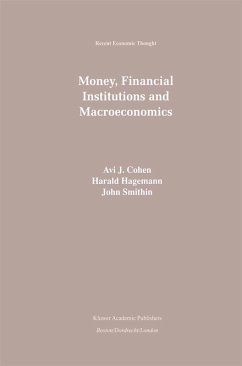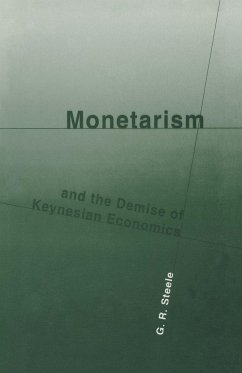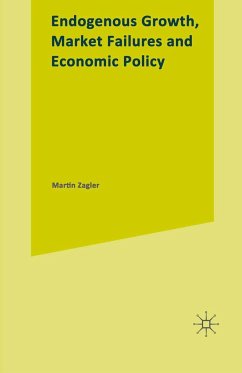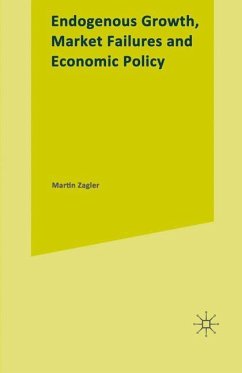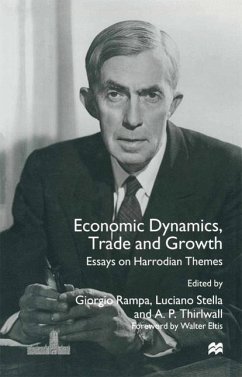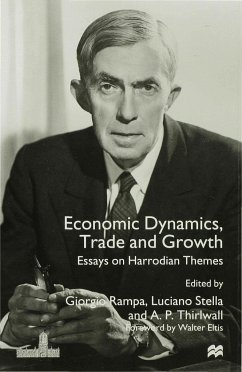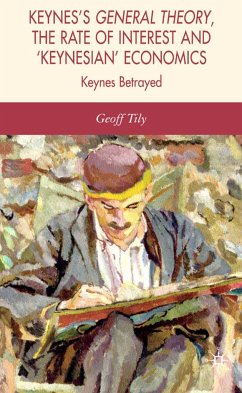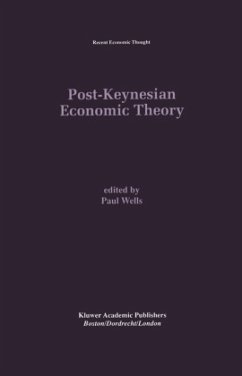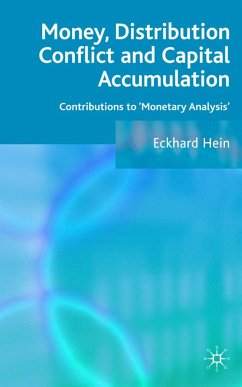
Post Keynesian Monetary Economics
Versandkostenfrei!
Versandfertig in 6-10 Tagen
38,99 €
inkl. MwSt.

PAYBACK Punkte
19 °P sammeln!
A Post Keynesian critique of monetarism and of contemporary Keynesian theory, calling for a return to the original ideas of John Maynard Keynes. Its primary emphasis is on the endogeneity of the money supply and on the financial innovations that have served to limit the effectiveness of monetary policy. It calls for the addition of a selective control over the flow of credit in the economy as an addition to the conventional Keynesian contracyclical tools for keeping the economy at full employment, along with a recognition that inflation is a function of money wages and not the aggregate supply...
A Post Keynesian critique of monetarism and of contemporary Keynesian theory, calling for a return to the original ideas of John Maynard Keynes. Its primary emphasis is on the endogeneity of the money supply and on the financial innovations that have served to limit the effectiveness of monetary policy. It calls for the addition of a selective control over the flow of credit in the economy as an addition to the conventional Keynesian contracyclical tools for keeping the economy at full employment, along with a recognition that inflation is a function of money wages and not the aggregate supply or money.





